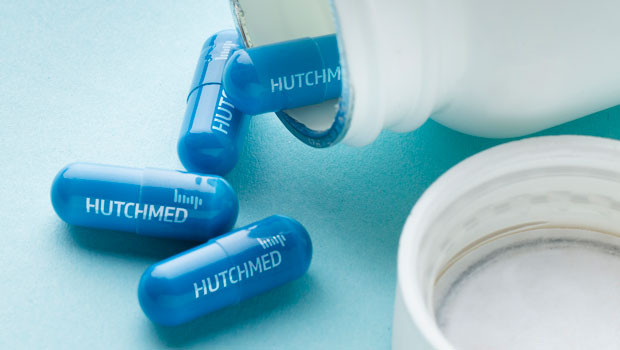Hutchmed reports progress on two oncology fronts

HUTCHMED (China) Limited
229.00p
16:34 23/12/24
Hutchmed China reported significant strides in oncology research on Tuesday, completing patient enrollment for a bridging study of tazemetostat, and announcing pivotal results for the phase 3b clinical trial of savolitinib.
FTSE AIM 100
3,442.83
16:44 23/12/24
FTSE AIM All-Share
712.44
16:50 23/12/24
Pharmaceuticals & Biotechnology
20,005.17
17:09 23/12/24
The AIM-traded firm said it had wrapped up the enrollment of patients in its multicentre, open-label, phase two study of tazemetostat for treating relapsed or refractory follicular lymphoma (R/R FL) in China.
It said the study aimed to assess the drug's efficacy, safety, and pharmacokinetics, especially in patients with R/R FL having EZH2 mutations.
Dr Junning Cao of Shanghai Fudan University Cancer Center was overseeing the study, which has enrolled a total of 42 patients.
Tazemetostat, a methyltransferase inhibitor of EZH2 developed by Epizyme, an Ipsen company, received FDA accelerated approval in 2020 for treating specific patients with epithelioid sarcoma and R/R FL.
Hutchmed said it was collaborating to develop, manufacture, and distribute tazemetostat across China, Hong Kong, Macau, and Taiwan.
Results from the phase 3b clinical trial of savolitinib for patients with MET exon 14 skipping alteration non-small cell lung cancer (NSCLC) were meanwhile recently unveiled at the IASLC 2023 World Conference on Lung Cancer in Singapore.
The company said the initial data showed promising outcomes, with a 60.7% objective response rate and a 95.2% disease control rate.
It said the trial was led by Shun Lu of the Shanghai Lung Cancer Center.
Globally, 2% to 3% of NSCLC patients have tumours with MET exon 14 skipping alterations.
Savolitinib, sold as ‘Orpathys’ by AstraZeneca, was described by Hutchmed as the pioneering selective MET inhibitor approved in China for the patient group.
Another e-poster at the conference highlighted the development of a quantitative continuous scoring (QCS) algorithm, which aimed to automate the identification process of patients likely to respond to treatment based on information from the phase two ‘Savannah’ study.
At 1009 BST, shares in Hutchmed China were down 1.34% in London, at 237.29p.
Reporting by Josh White for Sharecast.com.